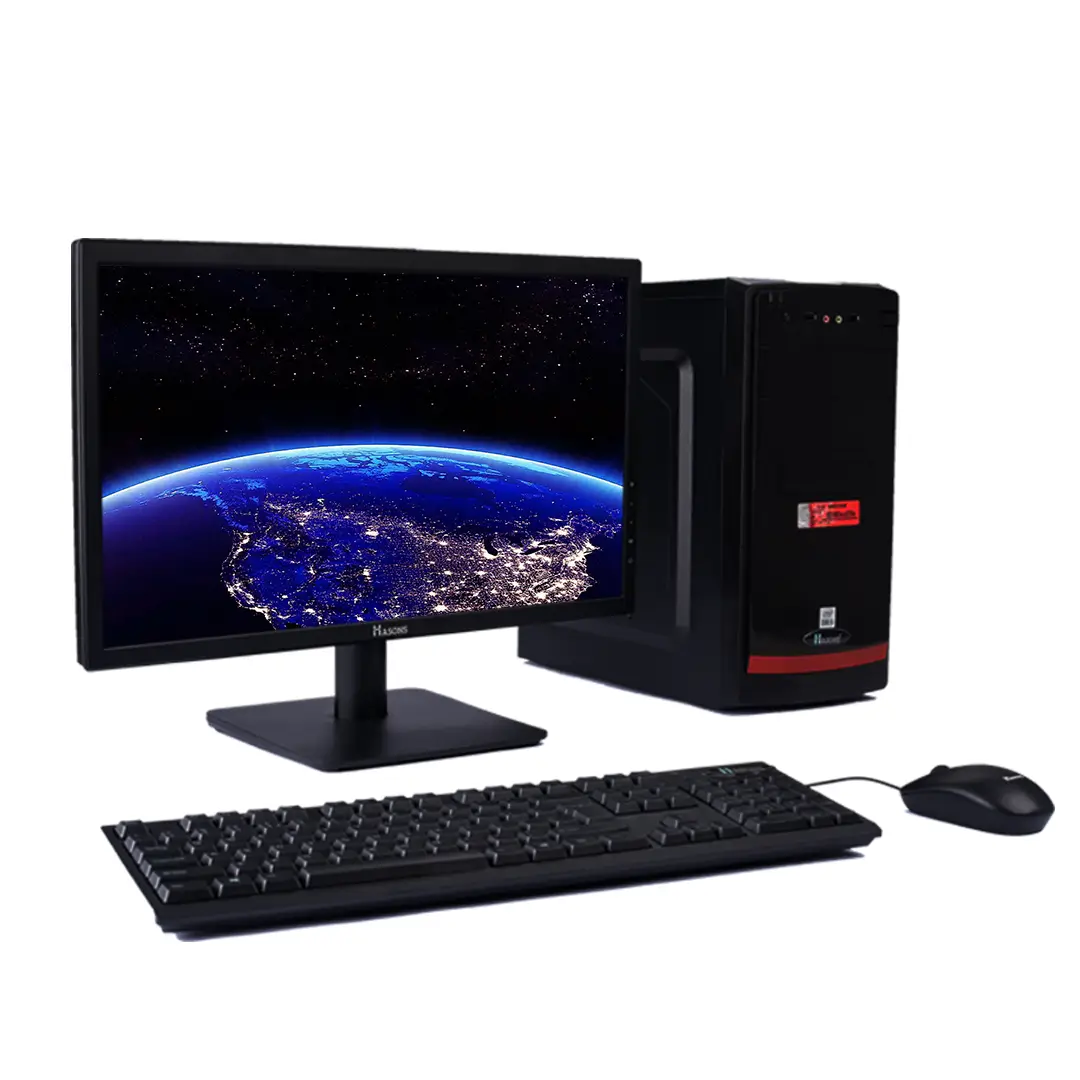Cognitive Computing Works
Cognitive computing represents an exciting new frontier in technology – systems that can simulate human thought processes to learn and reason through complex problems. As this technology continues to advance, it promises to transform many industries and provide us with AI assistants that can help amplify our own human capabilities. This article will provide an in-depth look at what cognitive computing is, real-world examples of how it’s being used, the many benefits and challenges, and what the future may hold for this rapidly evolving field.
What Exactly is Cognitive Computing?
Cognitive computing refers to hardware and/or software systems that can mimic the functioning of the human brain and our ability to think, reason and learn. These systems attempt to simulate some of the aspects of the human mind that give us our unique intelligence – things like understanding language, recognizing patterns, comprehending large amounts of unstructured data, learning from experience, and making judgments with uncertain or incomplete information.

While terms like Artificial intelligence and machine learning refer to more narrow capabilities, cognitive computing takes a much broader, human-centered approach. The goal is to create technology that can partner with people to enhance what both do best – let machines handle rote information processing tasks while humans provide creativity, empathy, and judgement.
Cognitive systems get better over time as they build knowledge and learn from interactions, similar to how we humans acquire new skills through experience and practice. This enables the systems to keep getting smarter and more capable at handling complex tasks.
Real-World Applications of Cognitive Computing
While cognitive computing is still evolving, there are already many examples of these brain-like systems being put to real-world use:
- Call Center Chatbots: Interactive voice response systems that can understand context and hold human-like dialogues to provide customer support.
- Medical Diagnosis: Systems for analyzing patient symptoms and medical data to provide diagnostic and treatment recommendations for doctors.
- Financial Planning: Applications that can review a person’s finances and lifestyle and provide personalized advice on spending, investments, and retirement planning.
- Self-Driving Cars: Cars with cognitive systems for visual perception, analysis of road conditions, and decision making to safely navigate without human input.
- Cybersecurity: Detection systems that can learn normal network traffic patterns to spot anomalies that could indicate cyber threats.
- Recommendation Engines: Entertainment and ecommerce platforms that can analyze preferences and suggest movies, music, products etc. tailored for each customer.
This is just a sample of the types of tasks cognitive computing is already starting to take on. The potential applications are vast across practically every industry. As the systems continue to advance in capability, they will transform how work gets done across businesses and society.
The Many Benefits of Cognitive Computing
Cognitive computing has the potential to deliver immense value by enhancing and extending human skills and capabilities:

- Handles More Complexity: Cognitive systems can take in and learn from incredibly large, rich data sets that would overwhelm human only analysis. This allows for more nuanced insights and better handling of complex interconnections between many factors.
- Scales Expertise: Once a cognitive system develops expertise on a topic, that knowledge can be instantly replicated to handle high volumes without loss of quality.
- Frees Up Human Focus: By automating analytical and routine cognitive tasks, these tools free up humans to focus their energy and talent on higher judgement, imagination, and empathy based work.
- Augments Human Ability: Together humans paired with cognitive tools can achieve better outcomes than either could alone. The technology handles rote work while humans provide creative guidance and subject matter expertise.
- Gets Smarter Over Time: As these tools get more exposure to data and feedback on decisions, the systems continuously learn and improve accuracy. Their judgement continually gets better.
These abilities mean cognitive computing can drive new levels of productivity and performance across individuals, teams, and entire enterprises. Organizations that embrace cognitive capabilities early stand to build significant competitive advantage.
The Key Challenges With Adopting Cognitive Computing
As promising as this new era of cognitive computing may be, there are also important challenges organizations need to navigate when deploying these types of AI systems:
- Data Quality: Cognitive tools are only as good as the data they learn from. Ensuring systems get rich, high quality training data requires significant upfront investment and data management skills.
- Explainability: Getting humans to trust decisions from cognitive systems requires making their reasoning explainable. This transparency is difficult as the decision logic gets more complex.
- Building Trust: People are rightfully cautious about relying on AI judgements that could significantly impact careers, finances, health outcomes and more. Proving safety, accuracy and reliability takes time.
- Integration Complexity: To fully exploit cognitive capabilities requires integration with existing workflows and legacy IT systems already running businesses. The integration journey can be difficult.
- Skills & Education: To best leverage AI investments, companies will need talent with skills in areas like human-centered design, bot development, machine teaching, trusting AI disciplines etc. Adapting will require cultural and organizational change in parallel with software solutions.
These hurdles mean deploying cognitive computing needs to be taken as a gradual journey focused on augmenting people rather than wholesale replacing jobs. But organizations willing to invest in this human-AI partnership stand to build leading future capabilities.
What Does the Future Hold for This Exciting New Frontier?
The future possibilities from advanced cognitive capabilities working in symphony with their human counterparts seem endless. Here are a few ways these technologies may transform how we live and work over the coming decades:
- Hyper-Personalized Experiences: Products, entertainment and education precisely tailored to each person’s uniqueness using AI that continuously models their needs, abilities and preferences.
- Fluid Human/AI Collaboration: Seamless augmented intelligence through wearables and ambient devices supporting our tasks and conversations in an integrated everyday way.
- More Capability Expansion: Cognitive assistants, robots and autonomous systems taking on a growing share of both manual tasks and higher-skill knowledge work across nearly every industry.
- New Hybrid Roles & Tasks: Jobs and required skills will adapt, with more demand for roles that most leverage the creative and social strengths of humans alongside the analytical strengths of machines.
- Continuous Lifelong Learning: Education gets increasingly interwoven into our lives and careers as both humans and AIs need to continually upgrade skills in response to a world of accelerating change powered by new technologies.
The promise and perils of cognitive computing mirror the broader societal discussion on artificial intelligence. These technologies will bring immense opportunity but also disruption. And they will require vigilance, smart governance and shared wisdom across technologists, business leaders, policy makers and society as a whole to steer towards benefitting people.
But if we steer this journey wisely, human-AI collaboration at scale enabled by cognitive computing could launch a new era of marvelous inventions, scientific advances, productivity gains, and even unlock more of the human potential within each of us. The future remains unwritten but holds great possibility.
Conclusion: Partnership Powered Progress
Cognitive computing heralds a new frontier for simulation of the immense power within our minds. Transforming fields from healthcare to transportation and beyond, cognitive systems can shoulder more complexity and scale expertise beyond human limits. Yet these tools stop short of encapsulating the totality of human cognition and our abilities to dream, reason, and judge morally. Their true power comes from partnering with people – combining strengths while mitigating weaknesses.
Through this collaboration, calibrated carefully to evolving capability, cognitive systems will augment how we analyze, decide, and innovate. Together with human guidance, they promise to boost knowledge work productivity to new levels and transform our economies. But we must take collective responsibility to develop and apply these technologies thoughtfully – focused firmly on benefiting people with empathy-driven diligence on safety.
Now, understanding this concept is simple and entertaining for Hasons. Using the Hason website you can always stay one step ahead in your job, business, or studies by purchasing New Age Desktops and All in One Desktops, i3 Intel Core Processor Desktop starting from 15000/-. Monitors, CPUs, and Gaming Desktop are also available. Register on Hasons and order your Tech Partner Now. Get exciting offers and benefits on your every purchase. Contact us so our support team can guide you in purchasing the right Tech Partner.

Graphic card 2GB I7 processor 12th generation Desktop |16 GB RAM |1 TB HDD| 256 SSD| Keyboard and Mouse
Call 9766122859 to place an offline order and receive FLAT 500/- DISCOUNT
| For updates in the Cognitive Computing, read Hasons Blogs. Some of them are as follows: | ||
| Computer threats and Security | Computer virus | |
| Operating System Structure | Types of Computer | |
| Role of Computer in Education | Machine Learning Technology | |
Cognitive Computing
- What's the difference between cognitive computing and artificial intelligence?Cognitive computing refers to simulation of human thought processes like understanding language, recognizing patterns, learning from experience etc. Artificial intelligence is a broader term for any technology that mimics human intelligence. So all cognitive computing qualifies as AI, but not all types of AI focus specifically on building human cognition-like capabilities.
- How do cognitive systems learn?Like humans, cognitive systems learn from experience and new data. As they ingest more data, feedback on judgement calls, or results from experiments, the systems update their decision models to improve reasoning accuracy over time. Learning approaches used include deep neural networks, reinforcement learning and more.
- What exactly is cognitive computing?Cognitive computing refers to hardware and/or software that simulates the functioning of the human mind - our ability to perceive, interpret, learn, reason and make decisions. These technologies take a human-centered approach to replicating aspects of natural cognition versus pure logic-based, rules-driven computing. The goal is to create systems that can help enhance and scale human expertise rather than replace people.
